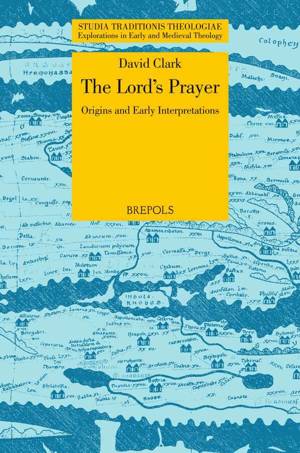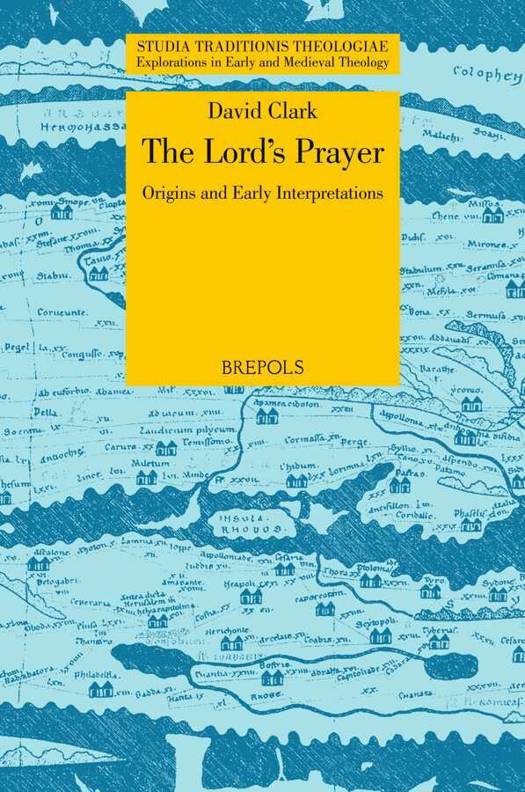
- Afhalen na 1 uur in een winkel met voorraad
- Gratis thuislevering in België vanaf € 30
- Ruim aanbod met 7 miljoen producten
- Afhalen na 1 uur in een winkel met voorraad
- Gratis thuislevering in België vanaf € 30
- Ruim aanbod met 7 miljoen producten
Zoeken
€ 90,10
+ 180 punten
Omschrijving
In first-century Palestine, a revival was taking place. Many Jews were looking for a more personal encounter with their God. They believed that the glory of YHWH was not confined to the Jerusalem sanctuary, and that in the 'temples' of their homes and synagogues they could be like the priests. They would offer sacrifices not of animals, but of prayer. It was in this setting that Jesus taught his followers to say, "Our Father in heaven ..." Over the course of two centuries, this Jewish prayer became a central feature of Christian ritual. The process of transformation is discerned in various texts: the Gospels of Matthew and Luke, the Didache, and Tertullian's De oratione. To a significant degree, each of these interpreters built upon the foundation which Jesus had established. Yet they also created innovatory significance, forms and functions for this simple prayer. This work presents the early interpretive history of the Lord's Prayer. It not only surveys what it meant to Jesus and the early Christians, but also seeks to address the question of why the understanding of the Lord's Prayer changes. Biblical texts invite - even urge - new interpretations. The meaning of the Lord's Prayer is to be found not just in its 'original sense, ' but in the history of its meaning. This work traces the beginning chapters of a two-thousand-year-story which we ourselves continue to shape.
Specificaties
Betrokkenen
- Auteur(s):
- Uitgeverij:
Inhoud
- Aantal bladzijden:
- 258
- Taal:
- Engels
Eigenschappen
- Productcode (EAN):
- 9782503565378
- Verschijningsdatum:
- 9/06/2016
- Uitvoering:
- Paperback
- Formaat:
- Trade paperback (VS)
- Afmetingen:
- 155 mm x 231 mm
- Gewicht:
- 453 g

Alleen bij Standaard Boekhandel
+ 180 punten op je klantenkaart van Standaard Boekhandel
Beoordelingen
We publiceren alleen reviews die voldoen aan de voorwaarden voor reviews. Bekijk onze voorwaarden voor reviews.








